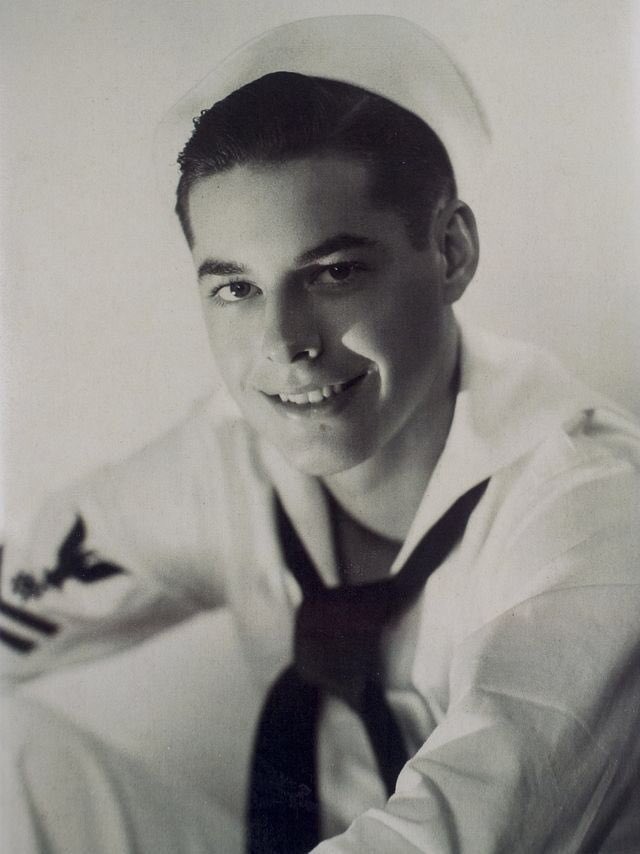The US is talking about making some B52s nuclear capable again. The ten bombers had been “denuked” in compliance with nuclear treaties with Russia. This is nothing more than bullshit saber rattling. It will take years, and will not make a difference. Not only that, but the Air Force admits that it no longer is capable of putting nuclear bombers on alert, because it just doesn’t have the men or equipment. Of course, this makes one wonder what use is an Air Force that can’t take to the air to employ force, but that is a different discussion.
The Navy chose to flex its nuclear muscles by having an E6 Mercury and an Ohio class missile submarine sail around in full view of the Russians off the coast of Norway. The message is clear- we have nukes, and they are at your back door. At that range (less than 1200 miles), missiles fired from that submarine would detonate over Moscow in less than 8 minutes. Not nearly enough time to react.
The Navy only has the capability of the Nuclear ballistic missile submarines for nuclear weapons at sea. Ever since the first President Bush pulled the nukes from the rest of the fleet. The personnel and equipment needed to put nukes back on to the rest of the Navy just no longer exists. Our carriers, attack submarines, and surface ships just do not have the ability to maintain or carry nuclear weapons. Nuclear armed Tomahawks and carriers with nuclear weapons just don’t and can’t exist in today’s US Navy.
Now consider that the Navy doesn’t even require its sailors to pass a physical fitness test any longer.
So for the US, it’s use ballistic missiles or nothing. Our military is an overly expensive, hollow shell that can’t accomplish many of its core missions. Any war against a near peer adversary is therefore likely to end with the exchange of strategic nuclear weapons as our military gets its ass handed to them.

